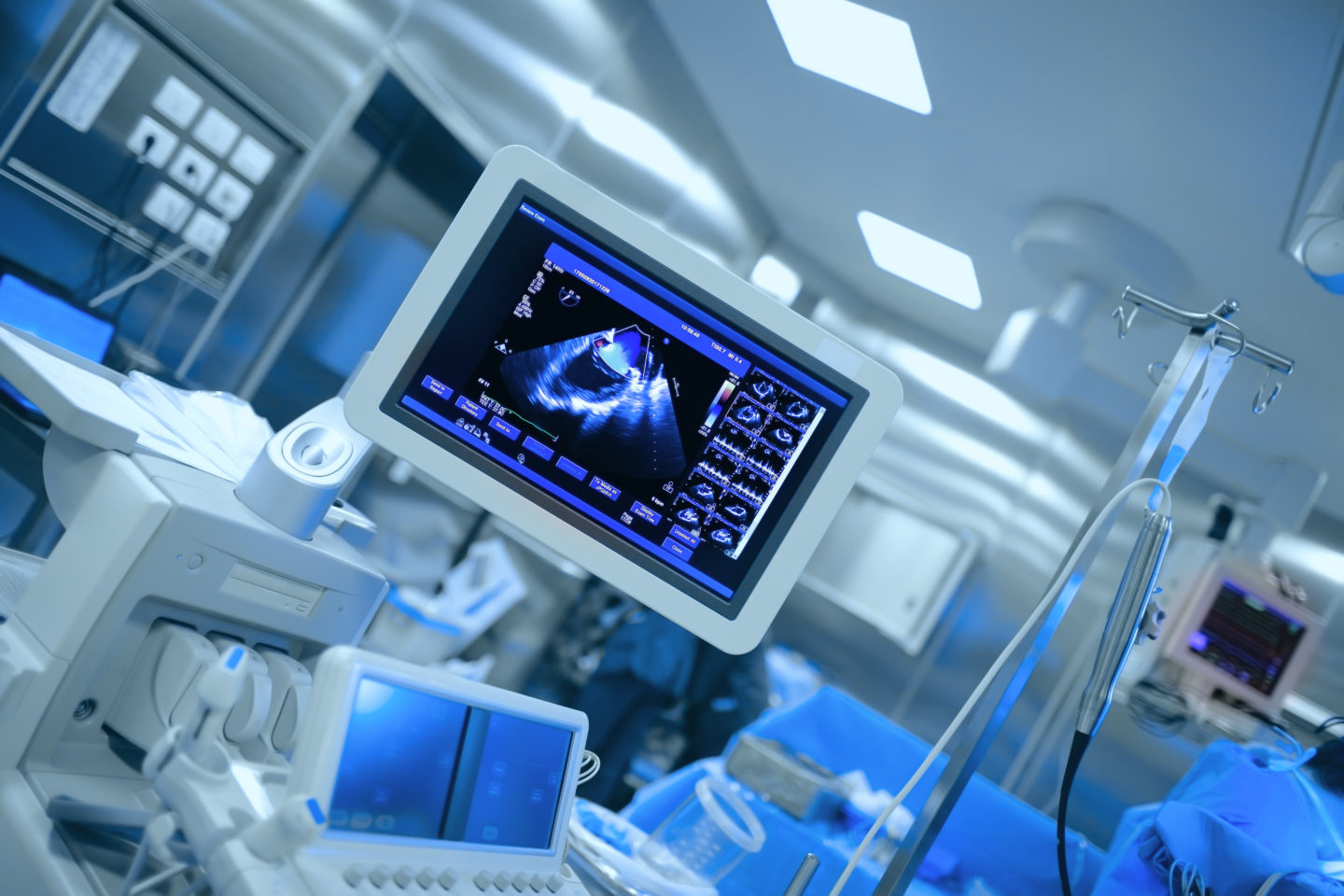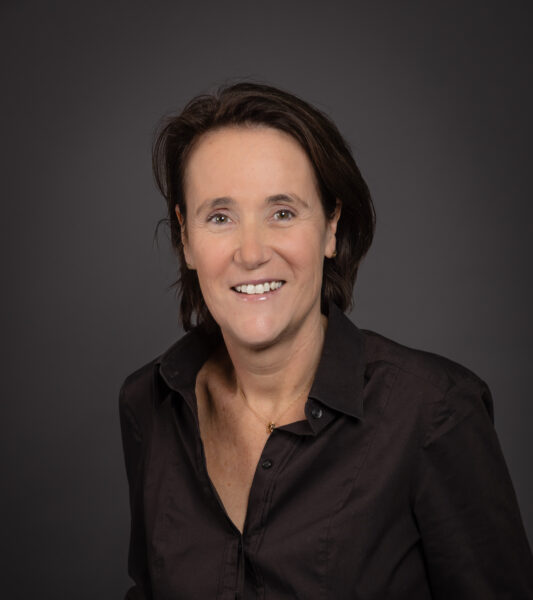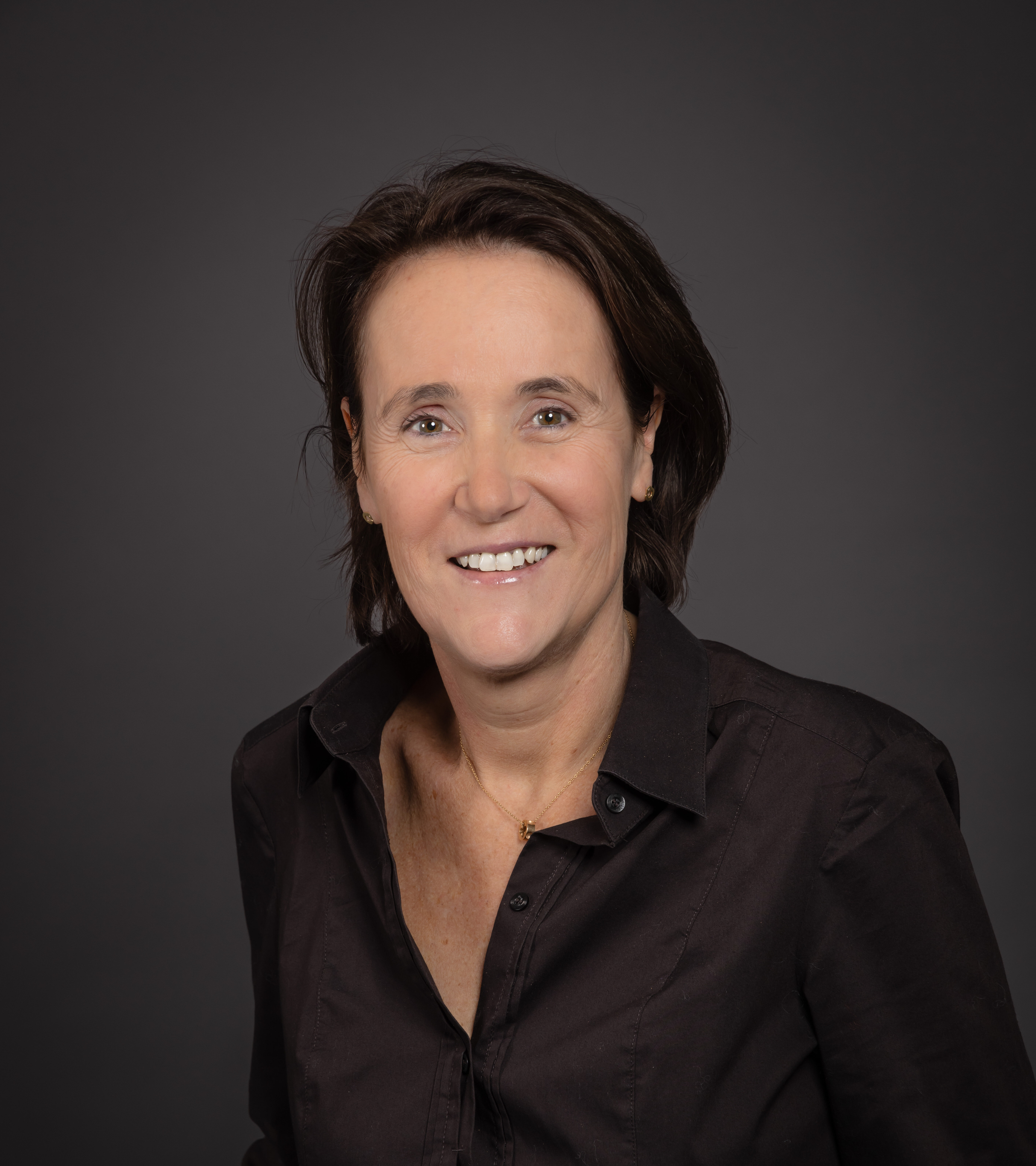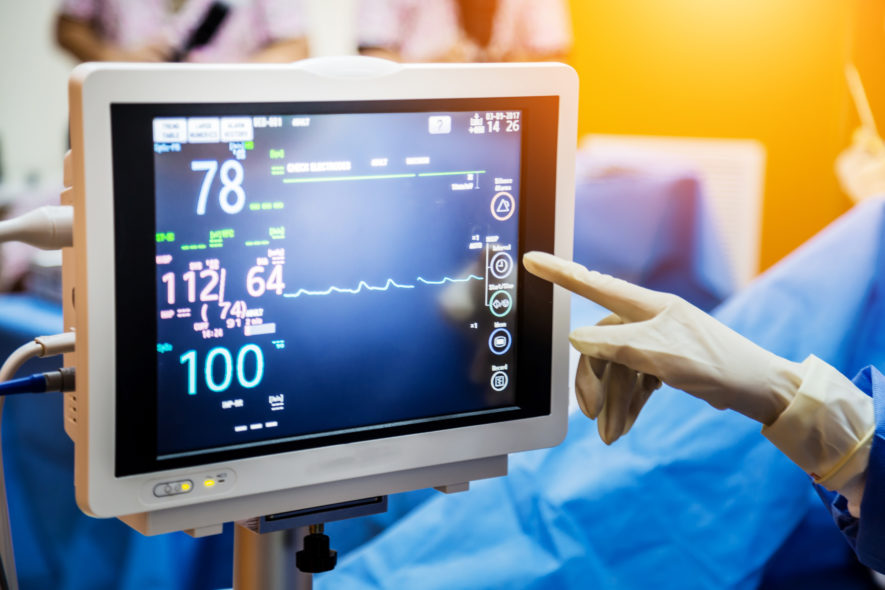Each European healthcare system has its own unique characteristics: in some countries, budgeting and reimbursement decisions are made by regional authorities while in others these are made at national level. Certain countries have separate systems for hospital and community care reimbursement, and the amount paid for services can differ even within a country.
Navigating complex medical technology financing systems is challenging. Companies need to know both the decision-making process and how to engage with key stakeholders. This requires knowledge of payment and reimbursement systems, local policy environments and how healthcare systems are organised.
MedTech Europe aims to reduce uncertainty for manufacturers and to support them to bring their products to market faster. Working with members, we aim to prevent:
- unnecessary delays in access to innovative technologies;
- slow adoption of new and effective technologies;
- inequalities in guaranteeing that patients receive the most effective and efficient treatment;
- negative impacts on investment in Europe with the latest technologies being made available in third countries first.
Our industry embraces transparency and consistency of decision-making, early dialogue with all parties involved and rewarding innovation. However, the medical technology industry recognises that this comes with potential challenges. One of the key issues is the asymmetry or incompleteness of information at the time of decision-making on funding and reimbursement. Therefore, performance-based risk sharing agreements, innovation payment schemes, or patient access agreements have begun to emerge to mitigate the asymmetry of information and align stakeholders around driving better patient outcomes.
The medical technology industry is fully supportive of the shift towards Value-based Healthcare, including in the financing medical technologies. We aim to enhance communication with the payers’ community, as one of the most prominent stakeholders for the funding and reimbursement. A constructive dialogue can lead to the design and implementation in all European healthcare systems countries of funding and reimbursement systems that appropriately assess and reward innovative medical technologies that provide relevant benefits to patients, physicians, payers, providers and the overall healthcare system.
This approach should use the most relevant data to achieve systems that incentivise Value-based Innovation which provides better patient outcomes and overall long-term societal benefits thereby guaranteeing value for money in healthcare.








